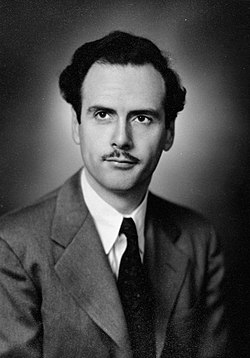Marshall McLuhan Quote
Related Quotes
When surrounded by the ashes of all that I once cherished, despite my best efforts I can find no room to be thankful. But standing there amidst endless ash I must remember that although the ashes surr...
Craig D. Lounsbrough
Tags:
abandoned, abandonment, ashes, attitude, defeat, discouragement, failure, god, hopeless, hopelessness
Cathy, don't look so defeated. She was only trying to put us downagain.Maybe nothing did work out right for her, but that doesn't mean we aredoomed. Let's go forth tomorrow with no great expectations...
V.C. Andrews
Tags:
captive, decieved, defeat, defeated, doom, doomed, dreaming, expectations, fate, great expectations
About Marshall McLuhan
Herbert Marshall McLuhan (, mə-KLOO-ən; July 21, 1911 – December 31, 1980) was a Canadian philosopher whose work is among the cornerstones of the study of media theory. Raised in Winnipeg, McLuhan studied at the University of Manitoba and the University of Cambridge. He began his teaching career as a professor of English at several universities in the United States and Canada before moving to the University of Toronto in 1946, where he remained for the rest of his life. He is known as the "father of media studies".
McLuhan coined the expression "the medium is the message" (in the first chapter of his Understanding Media: The Extensions of Man), as well as the term global village. He predicted the World Wide Web almost 30 years before it was invented. He was a fixture in media discourse in the late 1960s, though his influence began to wane in the early 1970s. In the years following his death, he continued to be a controversial figure in academic circles. However, with the arrival of the Internet and the World Wide Web, interest was renewed in his work and perspectives.
McLuhan coined the expression "the medium is the message" (in the first chapter of his Understanding Media: The Extensions of Man), as well as the term global village. He predicted the World Wide Web almost 30 years before it was invented. He was a fixture in media discourse in the late 1960s, though his influence began to wane in the early 1970s. In the years following his death, he continued to be a controversial figure in academic circles. However, with the arrival of the Internet and the World Wide Web, interest was renewed in his work and perspectives.
